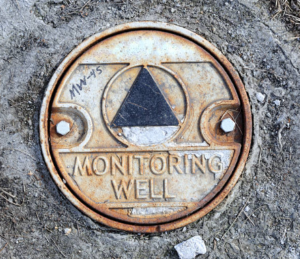Groundwater Investigation Process
Groundwater Contamination and Soil Remediation in New Jersey: Ensuring clean groundwater is crucial in residential sites, and our diligent soil remediation process guarantees optimal results. By removing all soil contamination, including the oil source, we effectively eliminate groundwater contamination. Our method involves tank removal, extraction of oil-soaked soil, and the installation of a well for water sampling. In most cases, the water tests clean, as long as the source is completely eradicated. However, leaving any soil contamination behind risks ongoing groundwater contamination, requiring additional treatment.
We prioritize thorough excavation to remove every trace of contaminated soil, addressing groundwater impact and bedrock concerns. Although rare, when groundwater is not clean, we conduct further investigation with multiple clean sample rounds, as per NJDEP guidelines. Options for achieving clean groundwater include natural self-cleansing, which takes time, or Enhanced Fluid Recovery (EFR). EFR involves removing vapors and water from the well, followed by proper disposal. Additional groundwater sampling is performed, and if clean, a second EFR is conducted. This process helps bring closure to your case.
In instances where groundwater fails to meet standards, we explore options such as hydrocarbon treatment or re-excavation of the source. For comprehensive guidance on contaminated groundwater and the subsequent steps, feel free to reach out to us. We’re here to assist you throughout the process.

